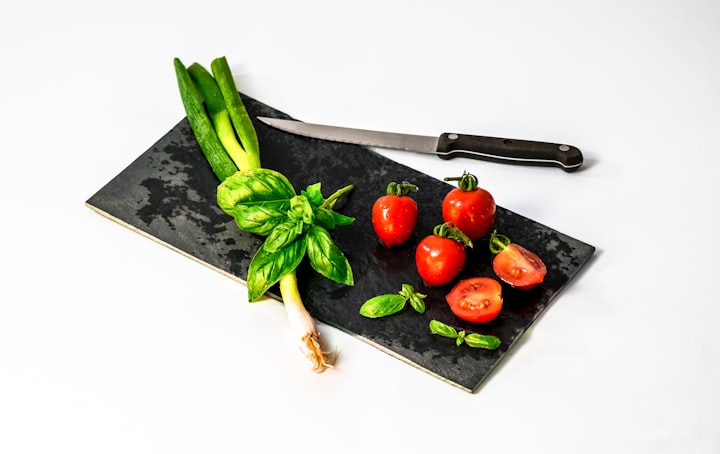
Introduction:
In the battle against weight loss, one man's journey stands as a testament to the transformative power of mindful habit change and the intricate workings of the human brain. Meet John, a middle-aged man who, for over seven years, struggled with his weight, tipping the scales at 260 kilograms. This article explores John's inspiring story, backed by the latest scientific research and the pioneering work of Dr. Jud Brewer. We delve into the complexities of habit change, the challenges that arise, and the strategies John utilized to break free from destructive habits and conquer his weight loss battle.

Understanding the Challenge of Habit Change:
Habit change is no easy feat, as many individuals like John can attest. Dr. Jud Brewer, a leading expert in habit change and mindfulness, has shed light on why breaking free from harmful habits is difficult. Our brains are wired to seek rewards, and habits form as a result of the brain's desire for efficiency and the pleasure derived from certain behaviors. Over time, these habits become deeply ingrained, making them resistant to change.
Decoding the Neurobiology of Habit Change:
When attempting to change a habit, a complex interplay occurs within the brain. The basal ganglia, a region responsible for habit formation, competes with the prefrontal cortex, which governs decision-making and self-control. This tug-of-war between these brain regions creates a challenge, as the basal ganglia favors the familiarity of existing habits, while the prefrontal cortex strives for change. This battle within the brain is a major contributing factor to why people often struggle and experience repeated failures in their weight loss efforts.
Identifying the Blockages:
To facilitate successful habit change, it is crucial to understand the blockages that hinder progress. One significant factor is the rewarding nature of habits. Engaging in a habit triggers the release of dopamine, a neurotransmitter associated with pleasure and reward. This reinforcement strengthens the habit loop, making it challenging to break free. Moreover, stress, lack of self-awareness, and environmental cues can further impede habit change efforts.
Strategies for Facilitating Habit Change:
While habit change can be challenging, it is not insurmountable. John's triumphant weight loss journey provides valuable insights into effective strategies for breaking free from destructive habits. Here is a step-by-step guide for achieving successful habit change:
Self-Awareness: Start by cultivating self-awareness of your habits and their triggers. Keep a journal to track your behaviors, emotions, and associated cues, gaining valuable insights into your habit loop.
Mindful Eating: Adopt a mindful eating practice, focusing on the sensory experiences and cues of eating. This practice enhances self-awareness, promotes healthier food choices, and helps establish a positive relationship with food.
Gradual Habit Replacement: Identify specific habits you wish to change and gradually replace them with healthier alternatives. For example, if snacking on unhealthy foods is a habit, substitute it with nutrient-rich snacks like fruits or nuts.
Mindfulness Meditation: Incorporate mindfulness meditation into your daily routine. Research shows that mindfulness practice strengthens the prefrontal cortex, enabling better decision-making, impulse control, and self-regulation.
Social Support: Seek support from friends, family, or a weight loss group. Surrounding yourself with a supportive network provides encouragement, accountability, and a sense of community during your weight loss journey.

John's Inspirational Journey:
John's struggle with obesity was a long and arduous one. Weighing 260 kilograms, he battled physical and emotional challenges for years. However, his determination and newfound understanding of habit change propelled him toward success. Through mindfulness practices, journaling, and gradual habit replacement, John shed the excess weight and embraced a healthier lifestyle. Today, he enjoys increased energy, improved self-confidence, and a renewed zest for life.

Conclusion:
Mindful weight loss through habit change and an understanding of the neurobiology of the brain offers a promising approach to overcome the challenges of weight management. By applying the strategies discussed and drawing inspiration from success stories like John's, individuals can break free from destructive habits, transform their relationship with food, and achieve lasting weight loss. Remember, change is possible, and the power to unlock a healthier, happier life lies within each of us.
References:
Brewer, J. A., et al. (2011). Mindfulness training for smoking cessation: results from a randomized controlled trial. Drug and Alcohol Dependence, 119(1-2), 72-80.
Lally, P., et al. (2010). How are habits formed: Modelling habit formation in the real world. European Journal of Social Psychology, 40(6), 998-1009.
Daubenmier, J., et al. (2016). Mindfulness intervention for stress eating to reduce cortisol and abdominal fat among overweight and obese women: an exploratory randomized controlled study. Journal of Obesity, 2016.






Comments
There are no comments for this story
Be the first to respond and start the conversation.